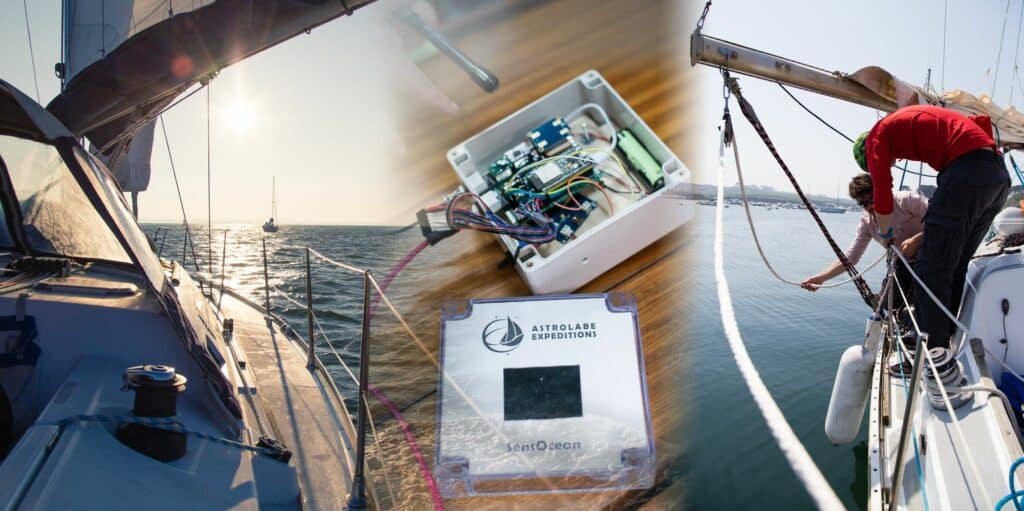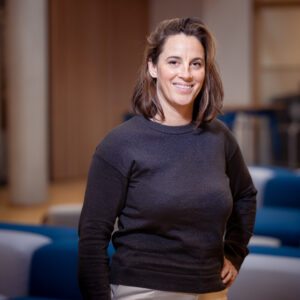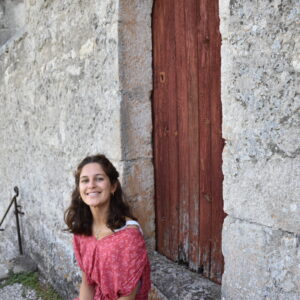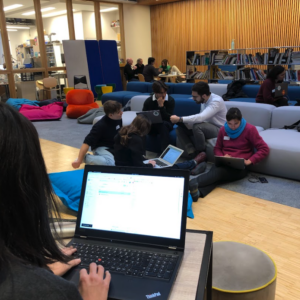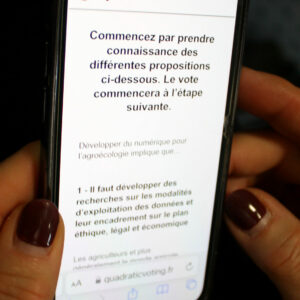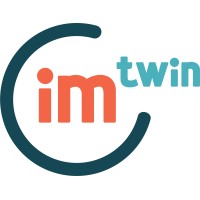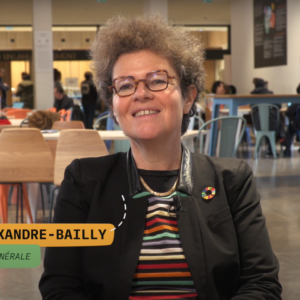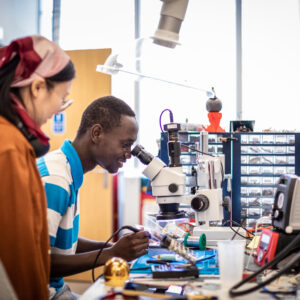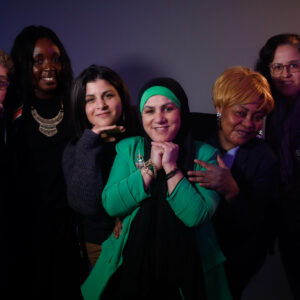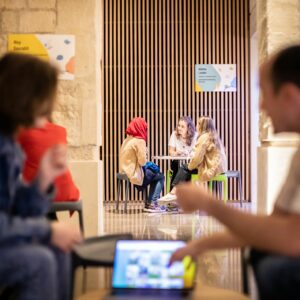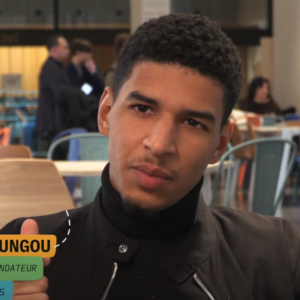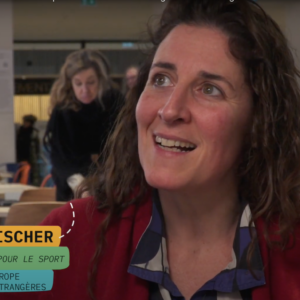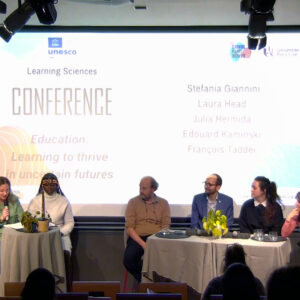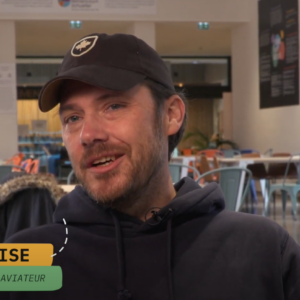Cédric Courson is a 2nd-year FIRE PhD student at LOCEAN (Oceanographic and Climate Laboratory in Paris) but one has high chances to meet him at Brest, where he is also working closely with IFREMER (French Research Institute of Sea Exploitation) and the Université de Bretagne Occidentale (UBO).
Cédric’s interdisciplinary PhD explores how open-source technologies and citizen sciences can contribute to oceanographic research, hence standing at the frontiers between physical and social sciences. His motivation is to investigate how such citizen sciences programs work, and if they can perform physical measurements comparable to ones done by scientists, with a precision sufficient enough to then conduct physical modeling of the ocean. As an exemple, temperature measurements must have an accuracy of 1/1000°C to serve as modeling parameters.
This project is the direct continuation of what he initiated back in 2014 when he co-funded the Astrolabe Expeditions association, mixing oceanographic and citizen sciences. Today, one part of his research work, the SensOcean project, is currently under the spotlight within a virtual exhibition organized by UBO for its 50th anniversary.
The PhD project is built upon three different axes, each one being related to a field mission… on water.
– OpenLagoon is a local project to study the evolution of chlorophyll in polynesian lagoons, thanks to instrumentation deployed directly by the inhabitants.
– The LittObs project is taking place in Bretagne, where instruments are deployed in bays to monitor how continental and oceanic water mix together.
– Last but not least, the SensOcean project aims at equipping pleasure sailboats with open-source made scientific instruments to measure physical characteristics of the oceans, such as temperature and salinity. As sailboats navigate on seas all over the world, it enables to demultiplicate measurements acquisition, leading to a better understanding of marine currents. Ocean is a major driver of climate change hence a better understanding of it also leads to a better comprehension of our climate evolution.
There are currently one dozen of sailboats navigating with SensOcean measurement kits. The first of them went to sea in the summer of 2021 during an expedition in Iceland, in which Cédric participated to identify what was properly working and what needed improvement on the measurement instruments.
A radio journalist accompanied this 2-months expedition and turned it into an immersive radio coverage (Samuel Turpin; in French). A written coverage is also accessible on the English national magazine dedicated to sailing, Sailing Today. Following this mediatic coverage, Cédric was also invited on the mic of CQFD, scientific broadcast of the Swiss radio, in early March 2022, to answer questions about the expedition and his research.
The Learning Planet Institute is glad to add some more light on his truly exciting and impactful project here!
Next waves
For the LittObs project in Bretagne littoral, a trip is scheduled for this summer with the yachting association of Brest (APMB – Amicale des Plaisanciers de Marina de Brest) to place scientific instruments in the bay, which will then be removed this autumn after they acquired enough data.
Other sailboats will also go to sea embarking SensOcean kits next September.
As a former student of the Digital Sciences track of the AIRE Master’s program, Cédric has privileged interactions with the Institute ecosystem. Some of the instruments that will be equipped on these boats have hence been manufactured at the Learning Planet Institute’s fablab, the Makerlab. The open-source principle allows people all over the world to use FabLab to make these scientific instruments and apply the citizen science protocol.
Boaters willing to participate in one of these projects (except OpenLagoon which involves local populations) or in other programs that are not part of Cédric’s PhD can get in touch with the aforementioned Astrolabe Expeditions association.
Article: Camille Gaulon, Scientific and Pedagogic Coordinator of the FIRE PhD program (Université Paris Cité, Université PSL – hosted at the Learning Planet Institute)
More about:
- Cédric Courson’s project: Open Source Oceanography
- Astrolabe Expeditions association
- The Oceanographic and Climate Laboratory in Paris LOCEAN
- The French Research Institute of Sea Exploitation IFREMER
- Université de Bretagne Occidentale UBO
- Immersive radio coverage by Samuel Turpin with Cédric Courson and Unu Mondo Expedition team, RFI (2021)
- Go with the floe, Samuel Turpin in Sailing Today (2022)
- Le Gulf Stream ralentit, CQFD with Cédric Courson (2022)
